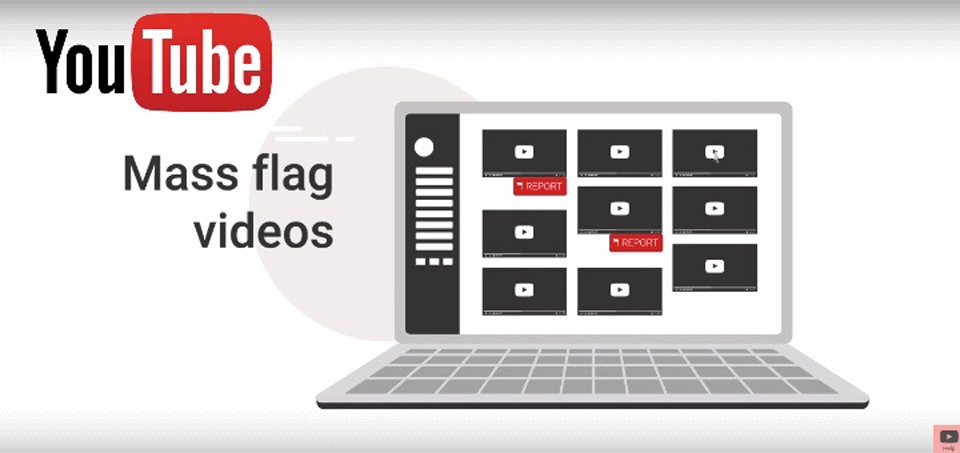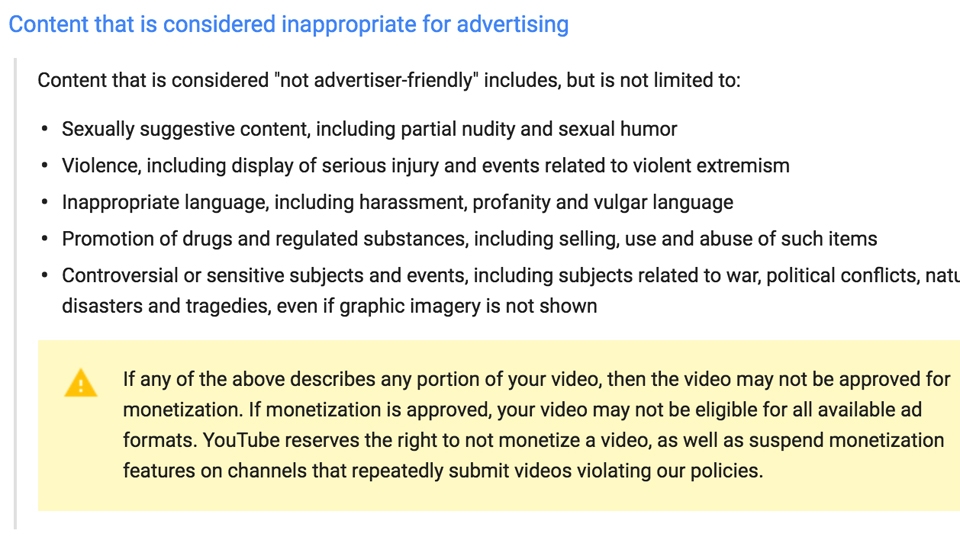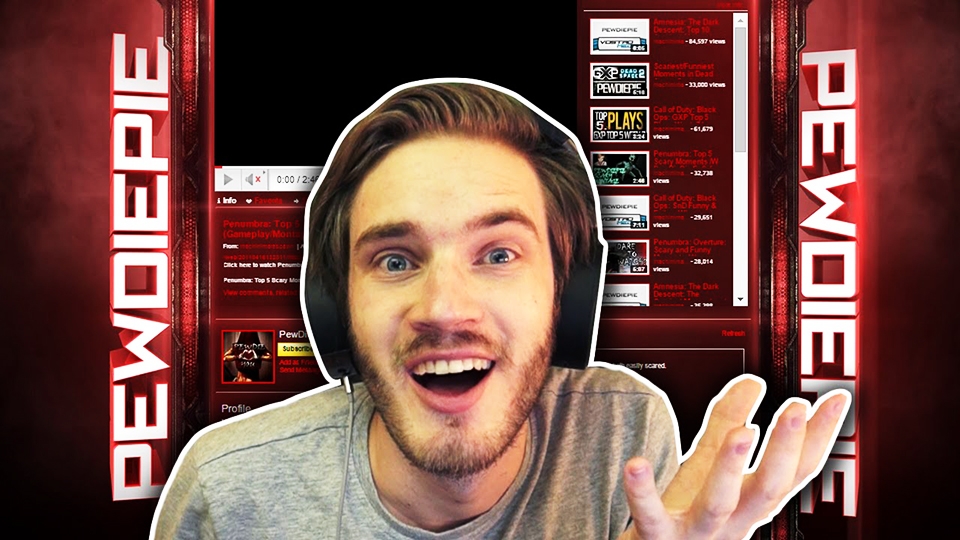

Possibly the most criticized feature of the YouTube Heroes program is the ability of high level heroes to mass flag videos without watching the videos themsevles.
By Craig Taylor | Staff Writer
Last Tuesday, popular video-sharing site YouTube announced a new initiative called “YouTube Heroes.” The program is designed to incentivize the average YouTube user to help out with some of the more mundane aspects of site maintenance, such as adding subtitles to videos, moderating the YouTube Help forum and flagging objectionable videos that violate the site’s community guidelines, such as those containing sexual content or animal abuse.
To entice users to do these monotonous tasks, YouTube Heroes is designed like a videogame: Those who participate are rewarded with points. Accurately reporting an inappropriate video is worth one point, answering a question on the YouTube Help forum that gets voted as the “Best Answer” is worth 10 points, and for each line of subtitles heroes submit, they will earn one point as well.
Some of the rewards for YouTube Heroes include moderating powers in the YouTube Community forums, a direct line of contact to YouTube staff and perhaps most controversially, mass flagging tools to make reporting videos even easier.
The announcement video has over 810,000 dislikes to just under 24,000 likes, and the video’s comments section have been disabled after the backlash. Many creators have spoken out against the new initiative and feel like YouTube Heroes is gamifying reporting content, something that has already been a problem for creators for years.
On the site, users can report a video which they believe is in violation of the site’s terms of service. If YouTube finds that the video is inappropriate, they can “age-restrict” it, which prevents it from earning money from ads, or remove it completely. Getting a video removed results in a community strike, and three strikes means a channel is completely eliminated, although the strikes can be appealed and contested.
Ethan Klein, creator of popular YouTube channel “h3h3Productions,” explained how being incentivized to flag videos complicates the existing problem of people filing fraudulent content violation reports.
“That has been a long-standing problem in the community of people abusing those flags,” Klein said in a video. “There’s even been groups of people … who come together and say, ‘Hey, I don’t like this guy … Let’s collectively flag his videos,’ and then YouTube as kind of a response to a red alert will just remove or age-restrict their video without really looking into it.”
“When you crowdsource something like this, you basically leave the front door open for anybody,” said popular YouTuber Steven Williams. “They will be mostly interested in pushing their own agendas, their own issues, their own thoughts, punishing creators they don’t like while rewarding the ones that they do.”
Steven adds that the tools given to YouTube Heroes are almost all anti-creator. He says there aren’t any ways to promote good content, only ways to report and harm channels.
“What’s especially upsetting is that there isn’t any way in this program to do anything besides punish creators,” he said. “(It) makes the term ‘hero’ ironic because when I think of a hero, I think of a hero helping, not punishing.”
YouTube’s product manager Jen Carter responded to the controversy in a blog post, comparing YouTube Heroes’ mass flagging tools to the site’s Truster Flagger program, which has already given mass flagging powers to users who prove to be reliable.
“Given the success of the Trusted Flagger program, we want to do more to empower the people who contribute to YouTube in other ways,” Carter said. “That’s why we’re introducing YouTube Heroes, a program designed to recognize and support the global community of people who consistently help make YouTube a better experience for everyone.”
YouTube has yet to announce an official launch date nor any changes to the upcoming YouTube Heroes program. Only time will tell if the YouTube Heroes initiative will even see launch in the face of this mass negative criticism.





With Binfer there is no need to compress videos. This is an easy way to send HD video.